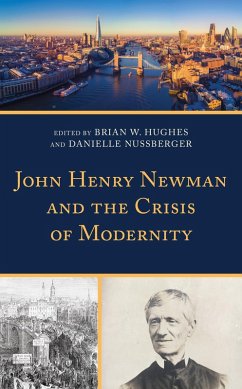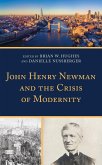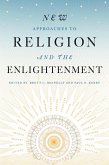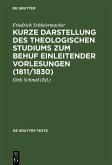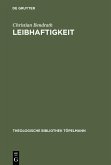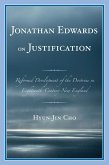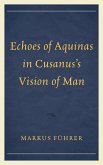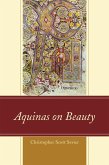This book blends historical, theological, and philosophical inquiries into what "modernity" means with the aim of showing how Newman can analyze, critique, and explain fruitful ways forward within a diverse range of subjects. First, it surveys historical and theological topics such as how Newman understood "modernity," the sensus fidelium, the role of doubt and modern views of reason; Newman's university ideal; and a return to the saint for much-needed anthropological insights. Second, the volume shows how Newman's thought can be insightfully applied to key issues within church and society: the need to redefine "American" Catholicism, the challenge of secularization, the role of Christian joy, revelation and religious diversity, progress traps and the ecological crisis, and overcoming post-modern individualism. Throughout each chapter, contributors consistently bring Newman's original and penetrating thought to bear upon critical themes in theological anthropology, ecclesiology, comparative theology, and spirituality. The volume shows how Newman's thought can be extended and enriched by dialogue with contemporary thinkers such as Charles Taylor, Pope Francis, and Bruno Latour. In brief, the contributors demonstrate how Newman can help frame contemporary self-understandings and various theological and social imaginaries in the light of faith.
Bitte wählen Sie Ihr Anliegen aus.
Rechnungen
Retourenschein anfordern
Bestellstatus
Storno

